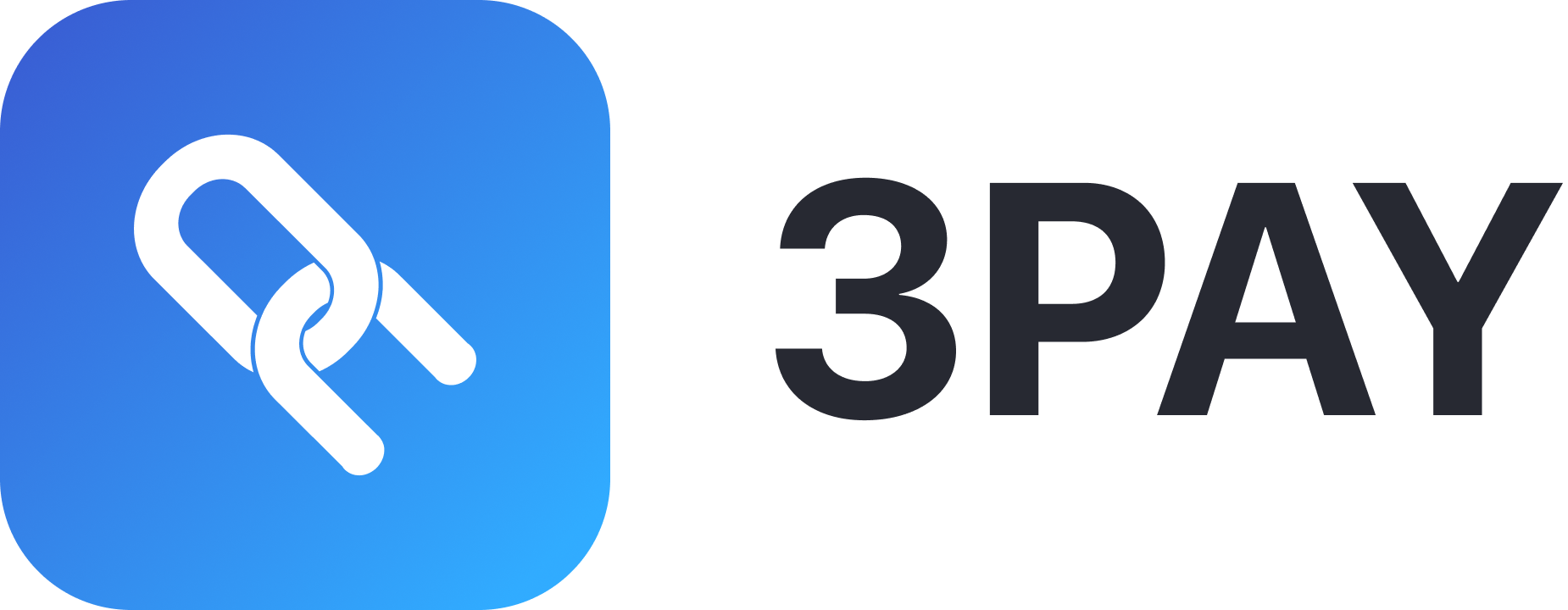Custodial vs Non-Custodial
3PAY provides Wallet-as-a-Service (WAAS) that supports two operating configurations. You can centralize funds in an Account Wallet (custodial) or provision User Wallets with on-chain segregation (non-custodial). Both models run on the same infrastructure; the choice depends on your regulatory posture, risk tolerance, and operational requirements
Model Definitions
Custodial
- Where funds reside: In the business’s Account Wallet.
- User representation: End-user balances are tracked on your internal ledger (off-chain).
- Deposit behavior: Users may fund via a stable deposit address; funds credit your Account Wallet.
- Operational profile: Simpler treasury management, higher custody obligations.
Non-Custodial
- Where funds reside: In User Wallets provisioned per end user.
- User representation: On-chain ownership with a persistent deposit address per wallet.
- Deposit behavior: Users always deposit to their own address; no commingling by default.
- Operational profile: Strong segregation and transparency; governance required for outbound actions.
Compliance & Responsibility
- 3PAY is a technology company. We provide non-custodial infrastructure, policy controls, and on-chain transparency.
- Onboarding: If your use case aligns with our compliance measures (sanctions/AML screening, restricted-country policy, refunds-to-origin, governance controls), we onboard you to the platform.
- Your obligations: You are responsible for your KYC/KYB, ongoing monitoring, licensing where applicable, and decision-making related to client funds and flows. Choices you make about custody, settlement, payouts, and user eligibility are your decisions and your responsibility, not 3PAY’s.
Compliance Considerations (both models)
- Sanctions & AML screening: Apply screening to inbound/outbound movements; retain evidence.
- Restricted jurisdictions: Enforce country restrictions at onboarding and transaction time.
- Recordkeeping: Maintain linkage between
walletId,address,user/account identifiers, and transaction metadata. - Disclosures: Clearly communicate to users whether funds are held on-chain (non-custodial) or on your ledger (custodial).
Operational & Risk Profile
| Aspect | Custodial | Non-Custodial |
|---|---|---|
| Fund location | Account Wallet (pooled) | Per-user User Wallets (segregated) |
| Ownership signal | Off-chain (your ledger) | On-chain (verifiable) |
| Counterparty risk | Higher (you hold funds) | Lower (user holds funds) |
| Treasury ops | Centralized, simpler | Decentralized, policy-driven |
| User deposit address | Stable address credits Account Wallet | Stable address per user wallet |
| Compliance surface | Heavier custody obligations | Heavier governance orchestration |
| User trust/auditability | Indirect (via your reports) | Direct (blockchain verification) |
Decision Guide
Choose Custodial if:
- You operate a model where the business holds client balances and runs an internal ledger.
- You require centralized treasury and uniform settlement behavior.
- Your licensing/compliance framework permits custody of client funds.
Choose Non-Custodial if:
- You need on-chain segregation and independent verifiability per user.
- You aim to minimize counterparty risk and commingling.
- Your users or regulators expect direct ownership and auditability.
Governance & Controls
- Policies: Define approval thresholds, roles (Ops/Finance/Compliance), and velocity limits for outbound transfers.
- Approvals: Require multi-party approval for high-value or external payouts.
- Monitoring: Alert on unusual balance movements or policy exceptions.
- Segregation guardrails (non-custodial): Prevent sweeping from User Wallets to Account Wallet unless explicitly authorized.
Migration & Coexistence
- Both models can coexist. Many programs run non-custodial for user funds while keeping an Account Wallet for fees, treasury, or liquidity.
- You can migrate gradually: start custodial for operational simplicity, introduce User Wallets as compliance or market requirements evolve—no architectural rewrite.
Disclaimers
- 3PAY provides infrastructure and controls but does not make custody or compliance decisions on your behalf.
- Your selection of model, corridors, payout partners, and end-user eligibility must comply with applicable laws and your licensing.
- 3PAY may refuse or suspend access if your use does not align with our compliance measures.
Updated about 1 month ago
